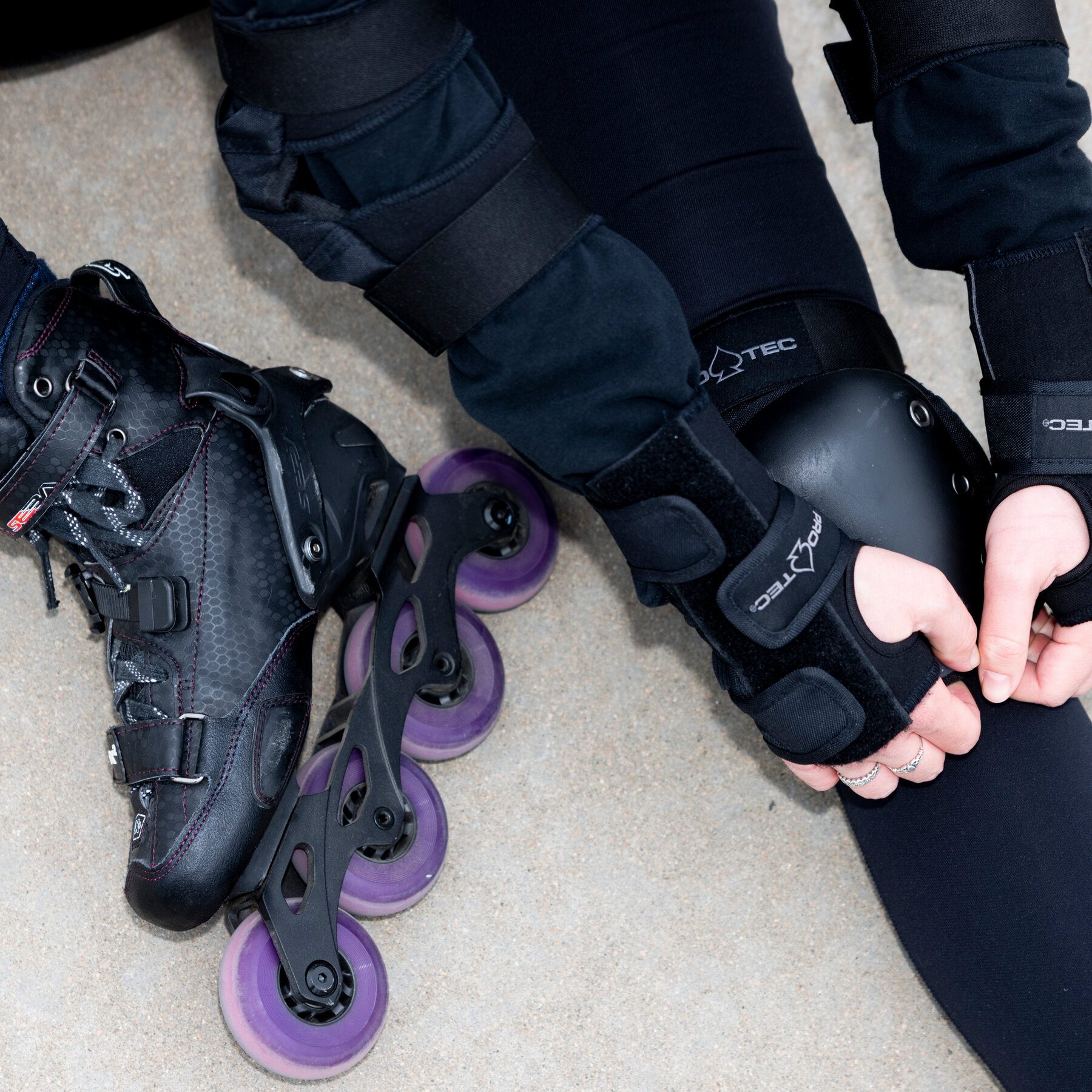
Roller skating is a fun and exciting activity that provides numerous benefits for physical and mental health. One of the most significant benefits of roller skating is its ability to improve balance and coordination. In this article, we will discuss the role of roller skates in improving balance and coordination.
Balance
Balance is the ability to maintain equilibrium and stability while standing or moving. Good balance is essential for everyday activities such as walking, climbing stairs, and reaching for objects. Poor balance can lead to falls, injuries, and a decreased quality of life.
Roller skating is an activity that requires balance to maintain proper form and control. When skating, the feet are constantly moving and shifting weight, which requires the body to maintain balance and stability. Over time, the constant movement of skating can improve balance and stability, leading to better posture and physical stability.
Skating can also be used as a form of balance training. By practicing specific skating movements that require balance, such as gliding on one foot or skating in a circle, skaters can improve their balance and stability over time. Balance training can be especially beneficial for seniors, individuals with Parkinson’s disease, and those recovering from injuries or surgeries.
Coordination
Coordination is the ability to perform movements in a smooth, controlled, and efficient manner. Good coordination is essential for everyday activities such as walking, driving, and playing sports. Poor coordination can lead to clumsiness, falls, and decreased performance in activities that require movement.
Roller skating requires coordination to maintain proper form and execute movements such as turns, stops, and jumps. Skating involves a combination of movements that require coordination of the arms, legs, and core muscles. Over time, the constant movement and practice of skating can improve coordination, leading to better performance in other activities that require movement.
Skating can also be used as a form of coordination training. By practicing specific skating movements that require coordination, such as crossovers or transitions, skaters can improve their coordination and performance over time. Coordination training can be especially beneficial for athletes, dancers, and individuals with neurological conditions.
Benefits of Improved Balance and Coordination
Improved balance and coordination have numerous benefits for physical and mental health. Here are some of the benefits of improved balance and coordination:
Reduced risk of falls and injuries: Good balance and coordination can reduce the risk of falls and injuries, especially in seniors and individuals with neurological conditions.
Better posture and physical stability: Improved balance and coordination can lead to better posture and physical stability, reducing the risk of back pain, muscle strain, and other physical issues.
Enhanced athletic performance: Good coordination is essential for athletic performance, and improved balance can improve performance in activities such as yoga, dance, and gymnastics.
Increased confidence and self-esteem: Improved balance and coordination can increase confidence and self-esteem, leading to a better quality of life.
Tips for Improving Balance and Coordination with Roller Skating
Here are some tips for improving balance and coordination with roller skating:
Practice specific skating movements that require balance and coordination, such as gliding on one foot or skating in a circle.
Use props such as cones or poles to practice specific skating movements and improve coordination.
Skate with a partner or in a group to practice coordination and communication skills.
Take a skating class or work with a skating coach to learn proper form and technique.
Warm up and stretch before skating to prevent injury and promote proper form and control.
Wear proper protective gear such as a helmet, knee pads, elbow pads, and wrist guards to prevent injury.
Conclusion
Roller skating is a fun and exciting activity that provides numerous benefits for physical and mental health, including improved balance and coordination. Skating requires balance and coordination to maintain proper form and execute movements such as turns, stops, and jumps. Over time, the constant movement and practice of skating can improve balance and coordination, leading to better posture, physical stability, and performance in other activities that require movement. By following safety guidelines and practicing specific skating movements, skaters can improve their balance and coordination and enjoy the many benefits of roller skating.

